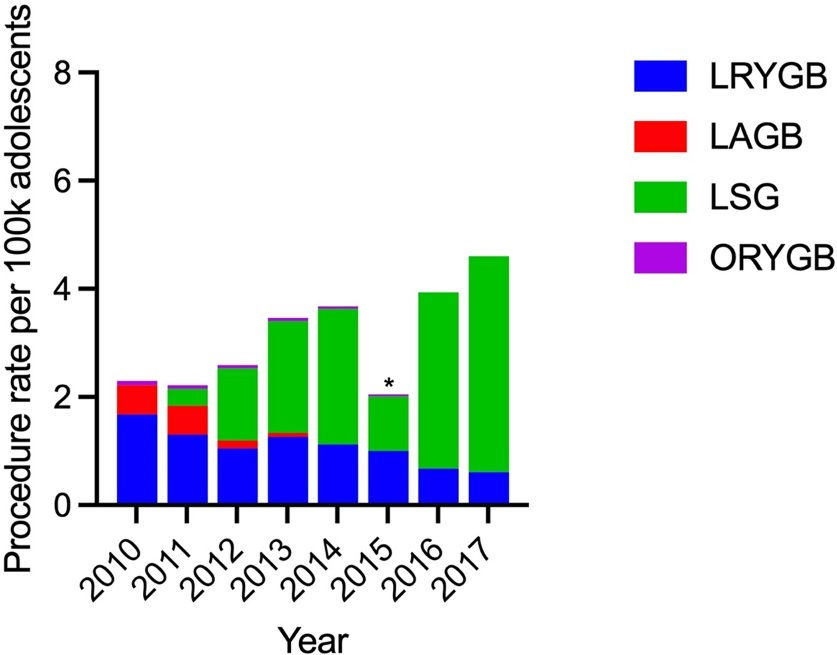Link between patient satisfaction and likelihood of bariatric surgery
- owenhaskins
- Dec 29, 2022
- 2 min read
Patients who are satisfied with their physicians are more likely to follow through with metabolic or bariatric surgery (MBS) regardless of racial or ethnic group, according to a study led by researchers at University of Texas Health Science Center at Houston (UTHealth Houston).The findings from the paper, ‘Association Between Patient Satisfaction With Their Patient-Physician Relationship and Completion of Bariatric Surgery by Race and Ethnicity Among US Adults’, were published in JAMA Network.

Although MBS is used to treat patients with severe obesity and can help improve obesity-related comorbidities, the surgery is underused and typically only half of patients referred for this particular surgery complete it.
"We wanted to know if patient and physician relationships were associated with why people are not getting a surgery that has the potential to save their life," said Dr Sarah Messiah, senior author of the study and professor of epidemiology at UTHealth Houston School of Public Health Dallas Campus. "The general thinking is, if you like and trust your physician, you will go back and listen to what they have to say, and our findings mirror that idea."
Messiah and her team analysed data from 408 patients who were referred for MBS and self-reported their satisfaction with their physician. Of those 408 patients, 86.6% were women, and 13.4% were men. Only 363 patients reported their race and ethnicity - 18.2% were Hispanic, 37.5% were non-Hispanic Black, 40% were non-Hispanic white, and 4.1% identified as another race and ethnicity. A total of 124 patients completed the surgery.
The three most reported factors for surgery completion included technical quality, communication, and accessibility and convenience, which researchers say may point to target areas for future physician improvement.
Researchers found no differences in patients' characteristics, including age, sex, race, ethnicity, body mass index, and educational attainment. However, a significant amount of those who did not complete the surgery had no insurance compared to those who did complete the procedure.
"Unfortunately, people with severe obesity are victims of stigma. I think our findings should encourage patients to not settle for less than high quality care," added Dr Luyu (Amber) Xie, postdoctoral research fellow and lead author of the study at the school's Dallas campus. "It is important for physicians to be aware of how critical patient satisfaction is, especially when it comes to sustainable health outcomes. There aren't a lot of options for patients with severe obesity, who many times have multiple chronic conditions such as diabetes and heart disease. Yes, medications and lifestyle changes may help, but research is showing that MBS is currently the most sustainable weight loss treatment. If physicians want their patients' health to improve, then satisfaction with the physician, surgeon, and other members of the health care team are important to factor into this equation."
“Improving patient satisfaction by building trust with physicians’ technical skills, enhancing communication, and improving accessibility to health care visits may increase MBS utilisation to treat obesity and its complications among all racial and ethnic groups,” the authors concluded.
To access this article, please click here






Comments